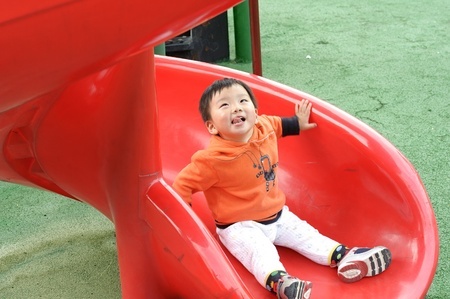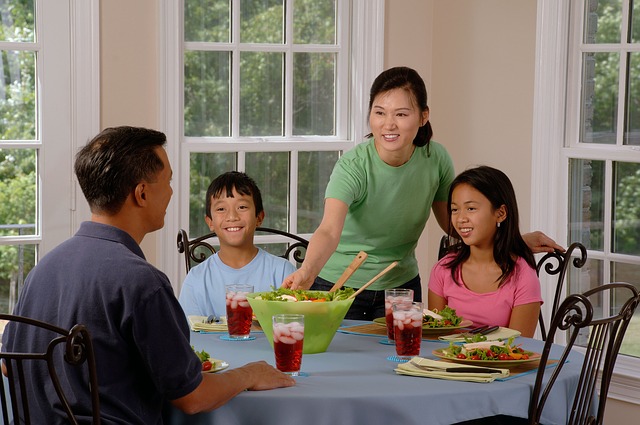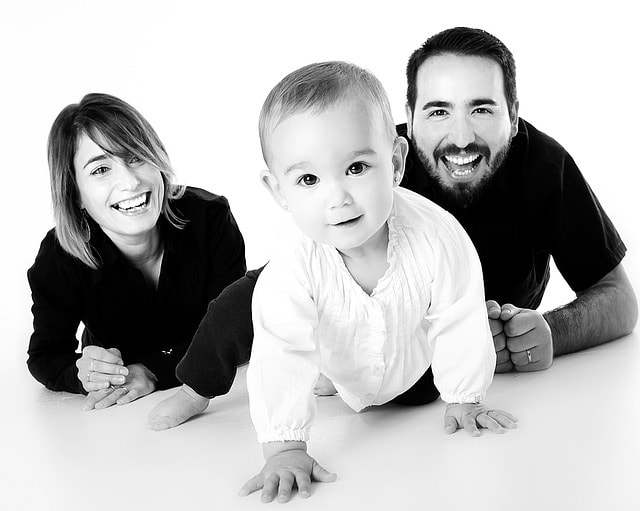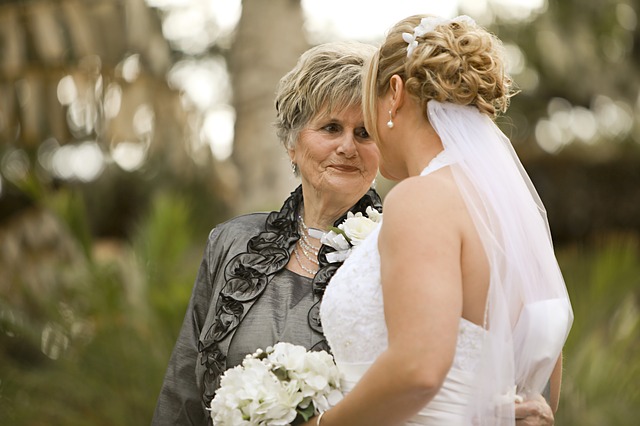Every parent hopes that their child will be respectful, courteous and polite – and not just when Daddy and Mummy are around! Courtesy campaigns aside, we want our children to make good manners an integral part of their character, and we drill them as such. However, the harsh truth is that our children catch more than what they are taught. How we treat others around us will determine how our children relate to people, for better or for worse.
Here are 10 suggestions for cultivating good manners in your child.

1. Be consistent
It’s all very well to encourage our child to say “Thank you” to grandma for the extravagant birthday present, but what about the friend who gives a card? What about the cleaner who clears your table in the food court?
Good manners should not be limited only to family members or close friends, but towards everyone whom we meet. It is about respecting and appreciating people, regardless of age (or race, language, and religion) at all times.
2. Watch your speech
Children are quick to pick up on the hypocrisy of adults. When you say nice things to your friend, but rant to your husband about her faults in the car, the kids are listening. True courtesy isn’t just for show – often, it’s what we say and do in the private moments that count most. Our children are always watching and listening, and drawing their own conclusions in the process.
3. Model good manners
Of course, this is easier said than done, but it follows from the two points above that our behavior is our children’s best teacher. We need to treat others with politeness, respect and grace if we want our children to do so. We need to be role models worthy of emulation.
4. Break it down for them
It’s important to explain to our children why good manners matter. Too often, we simply lay down our expectations and ask them to follow, but for many children, understanding the “why” behind the request is the best sort of motivation.
5. Sincerity is always better than empty praise

Different children may have their own ways of showing appreciation, and it may not always fit into the typical mold of a polite “Thank you”. Some kids may express their thanks with a hug or ecstatically jumping up and down. Others may smile shyly and not say a word. This is your child’s most genuine way of showing thankfulness, and shouldn’t be too quickly written off or disregarded as “not proper”.
Instead of suggesting or dictating that your child displays proper manners in exactly the same way as you do, allow him to convey his thanks authentically, in a manner that is more true to him. And in the meanwhile, your life is an open book for him to pick up on the social cues and norms of his time. This way, you are less likely to run the risk of him only going through the motions of “good manners” without really understanding the heart behind it.
6. Do it together
While you should restrain yourself from overly prescribing every nuance of what constitutes “good manners”, by all means help your child get cued in to social norms in real life scenarios by coming alongside her.
For instance, when it’s time to say goodbye to the grandparents, it can be more helpful to say “It’s time to go! Let’s go say goodbye to Grandma together” Instead of “We are going now. Say goodbye to Grandma”.

7. Show respect
Respecting your children is the foundation of teaching them to respect others. Think about the things you say to your child on a daily basis. Do you respect their uniqueness, their choices, their personalities and their mistakes? Do you make too many demands on them or order them about all the time? Be mindful of how your interactions with your child will shape how they relate to others in their world.
8. Check your expectations
Remember that social skills are not easily learnt, and baby steps are better than no steps at all. Consider whether or not your expectations are age-appropriate. For example, your toddler can learn to greet relatives with a “hello” when they meet, but you can hardly expect him to know how to hold the lift door open for a neighbor who is rushing towards it.
9. Never use shame
Avoid pointing out your child’s seeming lack of manners in public, such as “Don’t you know what you should say?” In the first place, this is disrespectful towards your child. Furthermore, it assumes that the reason for his behavior is willfulness or ignorance when the real reason could very well be something else. When you have to correct or prompt your child, always do it in a respectful and gentle manner.
10. Recognize you can’t force it
Manners is not so much a lesson to be learnt as it is a skill to be developed, and every child grows at his or her own pace.
By Dorothea Chow
If you find this article useful, do click Like and Share at the bottom of the post, thank you.
Like what you see here? Get parenting tips and stories straight to your inbox! Join our mailing list here.























































